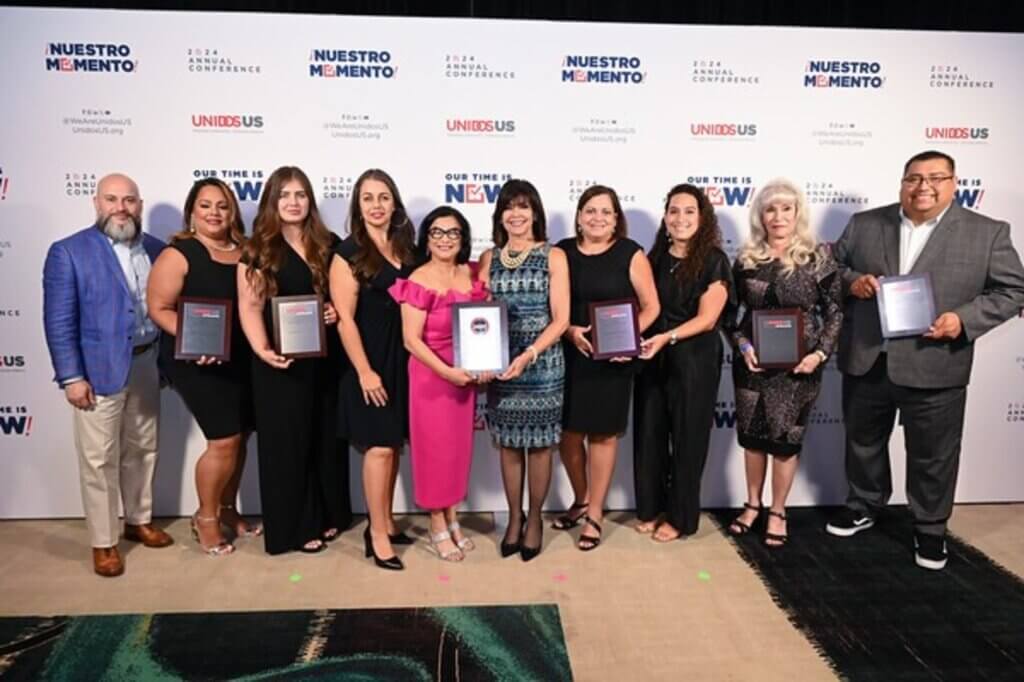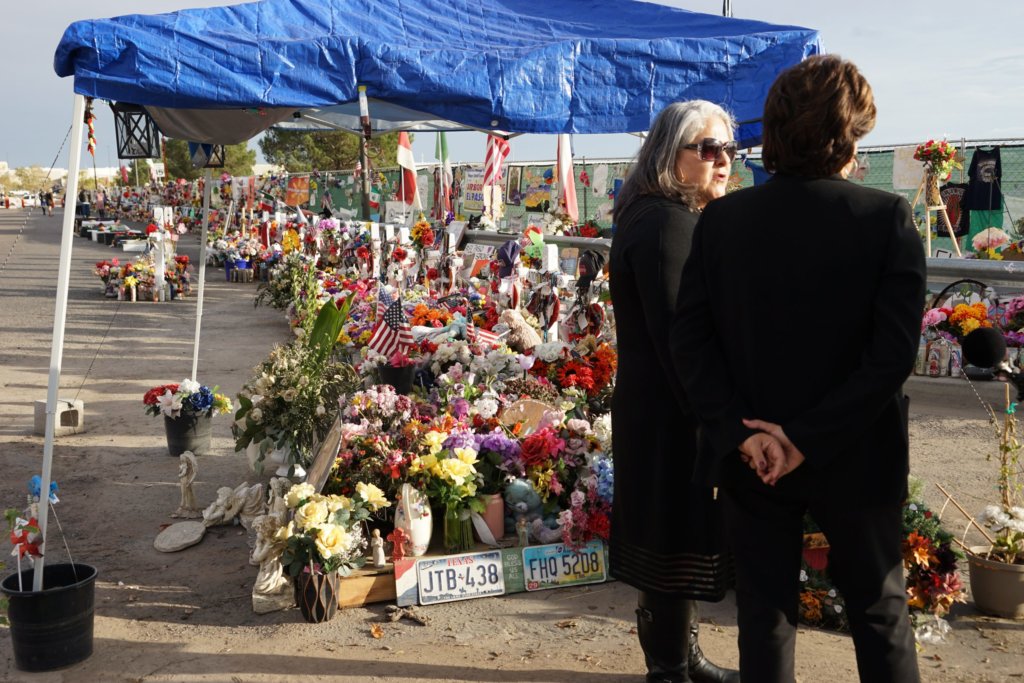With Decades of Trust, UnidosUS Affiliate RCMA Helps Communities Grow and Thrive Even Under Adversity
How Redlands Christian Migrant Association is helping farmworker families recover from the devastation of Hurricane Irma in southern Florida.
By Stephanie Presch, Content Specialist, UnidosUS
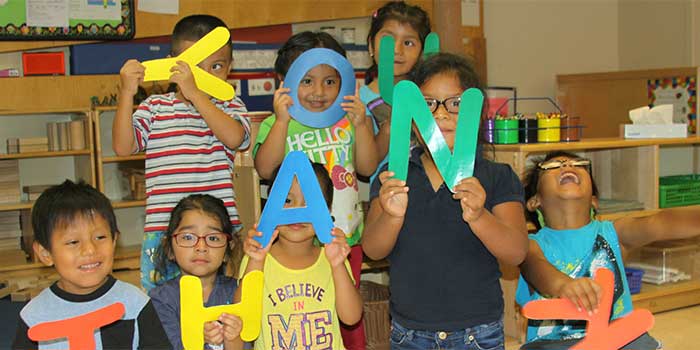
In southern Florida in the 1960s, farmworkers with children had little choice but to bring their children into the fields with them, exposing them to pesticides, snakes, and extreme heat. Some children even died due to contact with heavy machinery, or from falling into wells.
Redlands Christian Migrant Association (RCMA) was founded in response to the reports that migrant farmworkers had nowhere to bring their children while they were out in the fields. In those early days, they had two early learning centers for children of migrant and farmworker families.
But RCMA’s two early learning centers weren’t well-attended at the time. So the organization sought the help of Wendell Rollason, an outspoken immigrant rights advocate, who noticed one day that farmworker families were much more likely to sign up their children for child care through one of the centers if they saw people who looked like them working at the center.
Today, RCMA operates 66 centers across 21 counties in Florida, including three charter schools and nine afterschool programs. Each center was able to open because RCMA received an invitation from the community.
COMMUNITY-BASED ORGANIZATIONS MUST REFLECT THE COMMUNITY
The families that RCMA serves today work in agriculture and represent the working poor. These families are also represented within the organization’s hierarchy—80% of RCMA’s staff, including leadership, come from the farmworker community. Half of RCMA’s board is also made up of parents of children who are enrolled in the organization’s early learning centers, many of whom are migrant workers themselves.
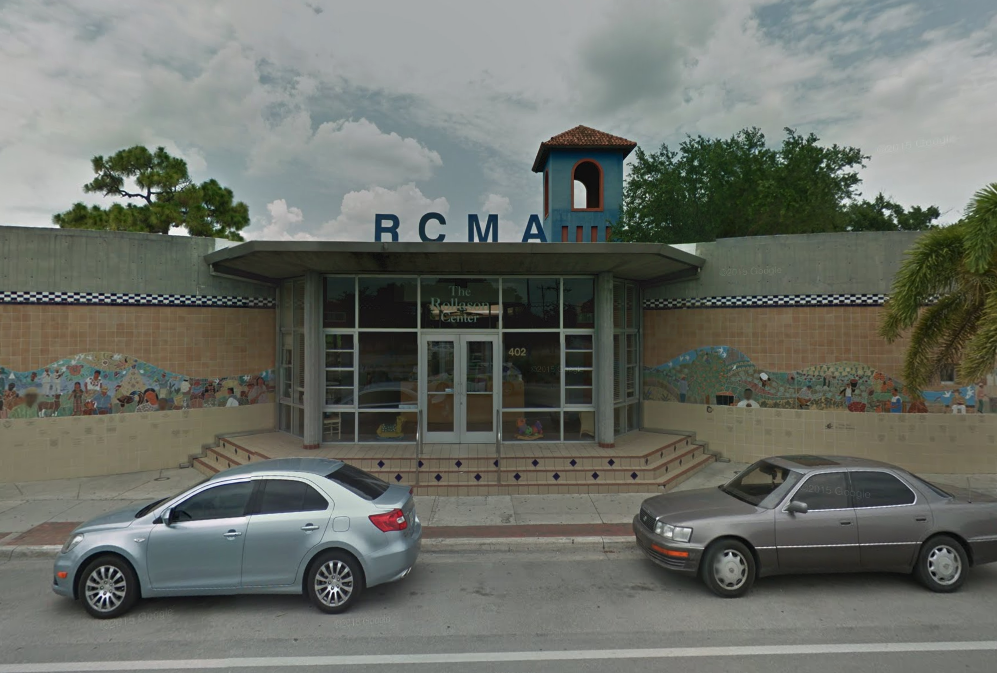 And RCMA’s approach works. Some of the parents did not complete elementary school and do not know English, but are strong supporters of their children’s education. Students in RCMA’s schools receive some of the best scores on state tests, comparable to six affluent public schools nearby.
And RCMA’s approach works. Some of the parents did not complete elementary school and do not know English, but are strong supporters of their children’s education. Students in RCMA’s schools receive some of the best scores on state tests, comparable to six affluent public schools nearby.
This deep trust that RCMA has cultivated within the communities that they serve has also informed UnidosUS’s (formerly NCLR) partnership with them through the Healthy and Ready for the Future initiative. This initiative helps children from migrant farmworker families access reliable, quality dental and medical care in their communities.
This trust that RCMA—winner of the Family Strengthening Award at our 2016 Annual Conference—was able to build over the course of five decades is critical for establishing programs that can benefit the entire community.
WHEN DISASTER STRIKES, RCMA STEPS IN
The rural communities that RCMA serves face different issues than urban areas after a natural disaster hits. Disaster assistance agencies are often more familiar with the needs of urban areas, and don’t necessarily hire folks from the communities that they serve.
Hurricane Irma had a devastating impact when it hit the south Florida region in September. Many farmworker families in the area live in trailers that were damaged by the long rainy days after the hurricane hit Florida. In three communities alone, more than 100 trailers were destroyed and over 500 suffered damages.
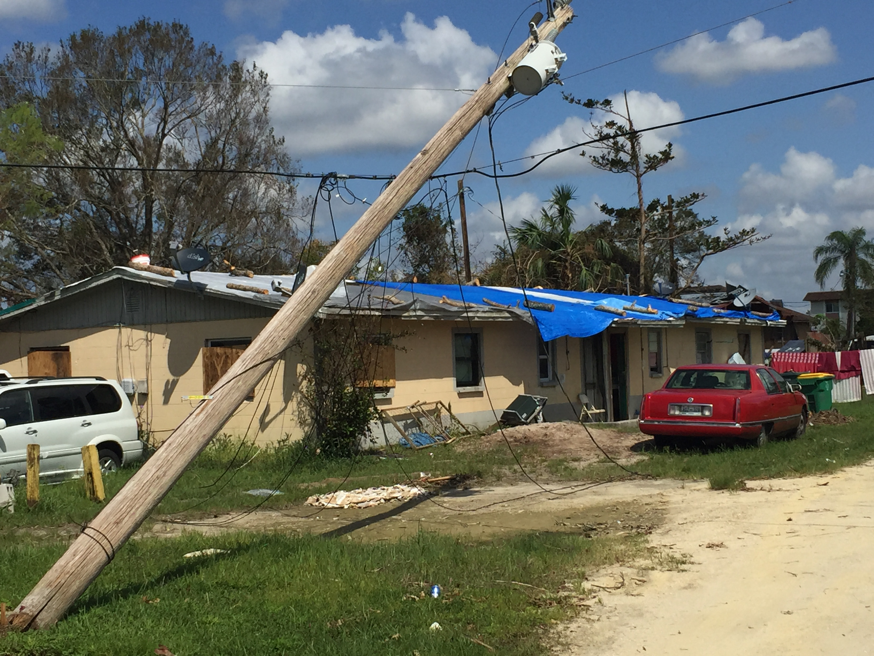
As the communities that RCMA works with also face high rates of poverty, many people could not afford the price of fuel to drive to town. Many people became stranded, particularly the elderly, sick, or disabled, as well as single parents who had difficulty leaving their homes or had no one to watch their children. Damaged trailers were at a high risk for theft, further dissuading people from traveling into town to an official shelter.
Officials from disaster agencies also look like they work with the government, and typically set up shop at government buildings. Due to the current political climate, it was difficult to convince people who may fear deportation to not only travel when they might not be able to afford the cost of transportation or leave their homes, but to entrust officials with their personal information.
SOMEONE WHO WILL ADVOCATE ON THEIR BEHALF
RCMA has spent decades working in impoverished, rural communities, and when Senator Marco Rubio got FEMA to come to Immokalee, where RCMA is based, RCMA was in an ideal position to help bolster disaster relief efforts. In fact, because RCMA and Senator Rubio’s staff served as translators, more than 2,000 FEMA applications were completed in just two days.
Many people who applied for assistance received denial letters, but because they filled out their applications with RCMA, they had someone who would advocate on their behalf. RCMA learned that denial letters were not strict denials, and they were even able to convince FEMA to return to Immokalee to provide assistance to those families that had previously received denial letters. These adjustments enabled families to receive immediate assistance to help with recovery efforts.
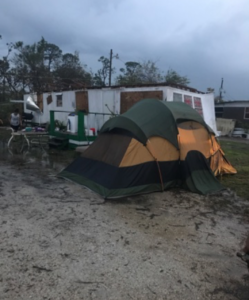
ADDRESSING SHORT-TERM NEEDS, ADVOCATING FOR LONG-TERM SOLUTIONS
Disaster assistance applications were only a small part of what RCMA did for their community in the aftermath of Hurricane Irma. Staff cooked and distributed food to thousands of people. Staff also went door to door to distribute hot meals, nonperishable food, diapers, and other necessities.
In addition to addressing short-term needs, RCMA staff also advocated for longer-term solutions. RCMA staff were able to open a building to use as a temporary shelter because of the work they did engaging the housing authority and Congressman Mario Díaz-Balart, and are in the process of working with housing authorities to renovate 70 rental homes for those who were displaced by the hurricane.
CHANGE IS STILL NEEDED
The biggest challenge on the horizon is engaging slum lords, who charge high rents for the trailers where these farmworker families live. Many refuse to make repairs, and some families are unable to pay rent in the aftermath of the storm. Whole fields of crops were destroyed—almost 100% of orange crops were damaged—and no crops means no work, which means no money for rent.
But in the meantime, RCMA has met with the Department of Housing and Urban Development, the Department of Transportation, and politicians to advocate for the current needs of the rural communities they serve, and to ensure that no one will be left behind when another natural disaster hits.

